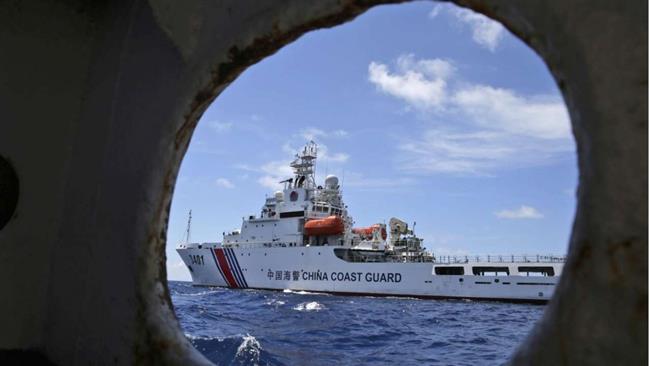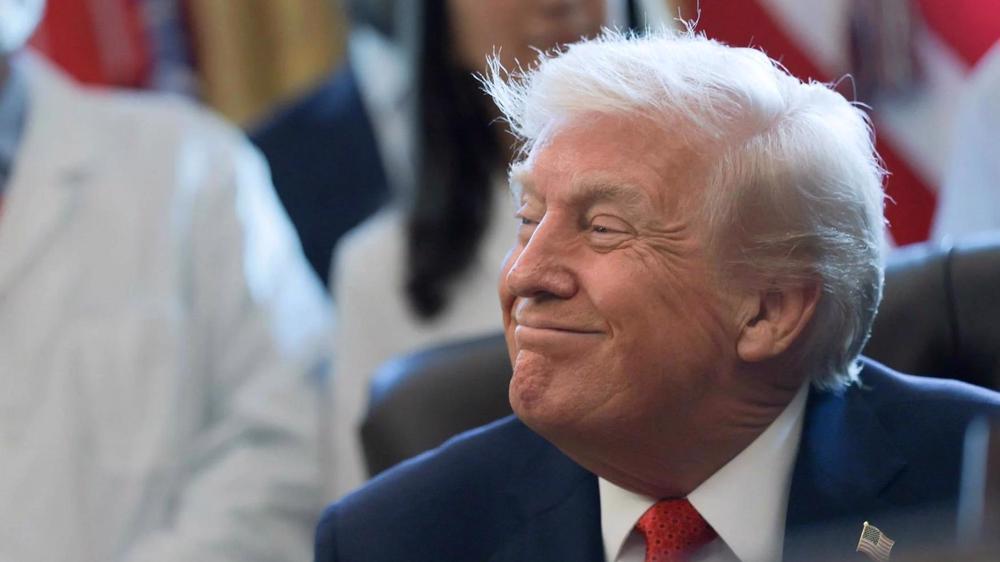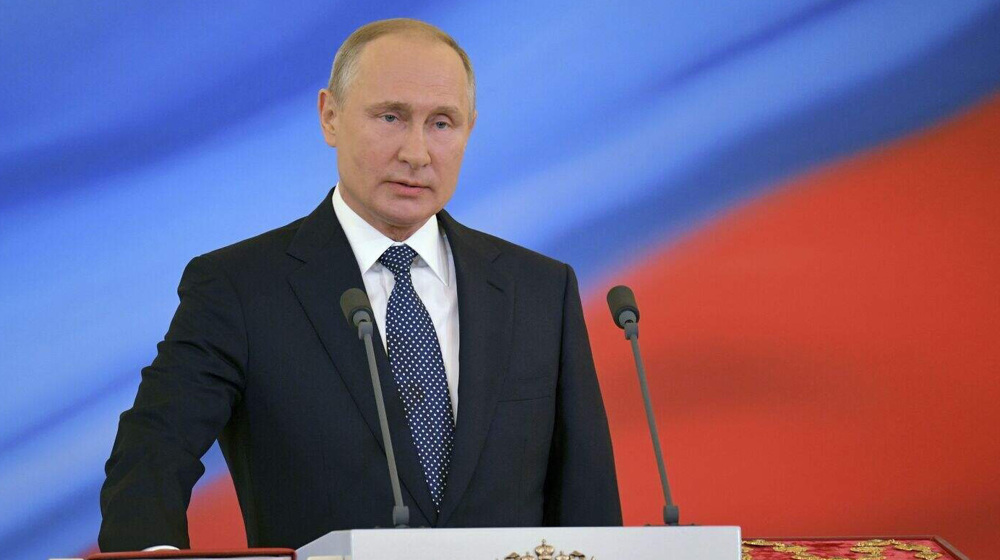In reversal, Trump ‘upholds One China policy’
US President Donald Trump has reportedly backed down from threats of not recognizing Chinese sovereignty over Taiwan.
On Thursday night, Trump held a telephone call with President Xi Jinping of China, telling him that the US would continue to honor the so-called One China policy, the White House announced in a statement.
During the call, Presidents Trump and Xi “discussed numerous topics, and President Trump agreed, at the request of President Xi, to honor our One China policy,” the statement said, describing the lengthy call as “extremely cordial.”
It also said the two had invited each other to their respective countries.
Trumpian foreign policy
In remarks made before he took office, Trump had said he did not see why the US would have to continue to honor the “One China” policy unless Beijing offered concessions in trade. Also before his inauguration, Trump had taken an official phone call from Taiwan’s leader in a break with years of American diplomatic protocol. Since 1979, the US had been acknowledging Chinese sovereignty over Taiwan, maintaining only unofficial ties with the self-ruled island.
Trump had also repeatedly questioned China’s economic and trade policies, even pledging at one point to levy very high tariffs on imported Chinese goods.
While Chinese officials had been largely silent on Trump’s criticism of their economic policies, Trump’s remarks on Taiwan and the call with the Taiwanese leader proved a breaking point. Authorities in Beijing directed a salvo of criticism at Trump, Chinese state media said Trump was playing with fire over Taiwan, and one media outlet even went as far as to claim that war with the US would be inevitable if the “One China” policy was dropped by Washington.
But then, the US president made his first overture to Beijing when he wrote a letter to Xi, saying he looked forward to close relations between the two countries. As president, Trump had refused to call Xi — until Thursday that is.
The New York Times reported that US officials “concluded that Mr. Xi would take a call only if Mr. Trump publicly committed to upholding” the “One China” policy.
In a separate statement, Xi said he appreciated Trump’s upholding of the policy.
“The development of China and the United States absolutely can complement each other and advance together. Both sides absolutely can become very good cooperative partners,” Xi said.
Close and unsafe
But, in another incident that tested the cordiality of the two countries, an American Navy plane and a Chinese surveillance aircraft flew close to one another over the South China Sea, according to US officials.
An American official told Reuters that a US Navy P-3 plane and a Chinese KJ-200 surveillance aircraft came close to one another in the vicinity of the Scarborough Shoal on Wednesday.

While the official called the incident “inadvertent,” the US Pacific Command called it “unsafe” in a separate statement.
China claims almost all of the strategic and resource-rich South China Sea. The territory is also claimed in part by Taiwan, Brunei, Vietnam, Malaysia, and the Philippines. The US, an extra-regional power, routinely sends warplanes and naval vessels to the sea and takes the side of China’s rival claimants in the dispute.
US envoy’s remarks on Israeli West Asia expansion shows Muslim world targeted: Houthi
Iran says any agreement with US must fully safeguard national rights, interests
VIDEO | Press TV's news headlines
Trump administration terminates aid programs to seven African countries: Report
IRGC warship back home after long-range deployment for BRICS naval drills
Democrats’ secret ‘autopsy’ report of 2024 election links Harris’ loss to Gaza stance
'Defeat is certain for them’: Iran Army chief derides enemy’s claim of invincibility
Explainer: How job scarcity is pushing working-class Americans to enlist in the military










 This makes it easy to access the Press TV website
This makes it easy to access the Press TV website